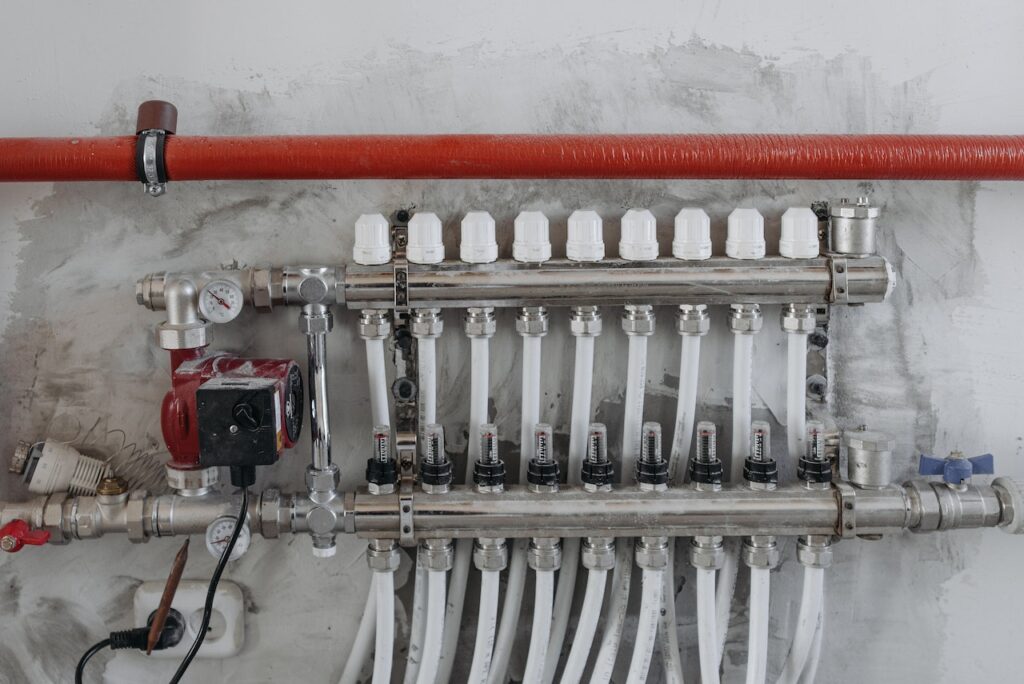The Differences Between Conventional and Hybrid Hot Water Heaters

Hot water heaters are a necessary part of modern life. But not all hot water heaters are created equal. Depending on their use and the climate in which they’re installed, different types of hot water heaters may be more or less efficient for various applications. Conventional and hybrid hot water heaters represent two distinct types of this essential appliance. That offer users with unique benefits and drawbacks.
In this article, we will discuss the differences between conventional and hybrid hot water heaters so you can determine which type is best suited to your needs.
Conventional Hot Water Heater:
A conventional hot water heater uses natural gas or electricity to store heated water in a tank for later use. These tanks range in size from 20 to 80 gallons, allowing you to store a reasonable amount of heated water. Since the tank stores and continually heats the water, it will take some time for the hot water to reach its destination once it is turned on.
Hybrid Hot Water Heater:
A hybrid hot water heater combines traditional tank storage with heat pump technology. With this type of system, an electric-powered heat pump extracts heat from the air and transfers it into the tank for heating purposes. A secondary heating element is then used as backup in order. To ensure that there is always enough hot water available when needed. This system can be up to three times more efficient than a conventional hot water heater and can also reduce energy costs by up to 60%.
Both conventional and hybrid hot water heaters offer users with an efficient way to store heated water. While conventional hot water heaters are more cost-effective upfront, hybrid systems provide greater long-term savings by being more energy efficient. Before making a decision, it’s important to consider the size of your tank, the climate in which you live. And how often you use hot water so that you can choose the right type of system for your needs. With the right information at hand, you’ll be able to make an informed decision that will save you money in the long run.
Conventional and hybrid hot water heaters are two different types of water heating systems, each with its own pros and cons.
In this article we will learn about the differences between these two systems to help you make an informed decision when considering a new hot water heater for your home.
Differences in Design:
The biggest difference between conventional and hybrid hot water heaters are the design. Traditional models feature a large tank that holds heated water until it’s ready to be used. While hybrid models use a combination of electric elements and heat exchangers to instantly provide hot water on demand. Conventional tanks can range in size from 20-80 gallons, while hybrid tanks are generally much smaller (2-6 gallons).
Differences in Efficiency:
Conventional water heaters are significantly less efficient than hybrid models. As they use gas or electric energy to continuously keep the water inside the tank hot at all times. This means that you’re paying for energy whether or not you actually need it. Hybrid systems on the other hand, only heat the water when it’s needed, meaning you will save money on your utility bills. On average, a hybrid system can be up to 70% more efficient than conventional models.
Differences in Cost:
The cost of a hot water heater does depend on the size and type of system you choose. But generally speaking, conventional tanks tend to be cheaper up front compared to hybrids. However, hybrids will save you more money in the long run due to their increased energy efficiency.
Conclusion:
Conventional and hybrid hot water systems each have their own set of pros and cons. So it’s important to consider your home’s specific needs before making a decision. If you are looking for an efficient option that will save you money on your utility bills over time, then a hybrid system is likely the best choice. On the other hand, if budget is a major factor then a conventional tank may be the better option. Ultimately, it comes down to what works best for you and your family.
